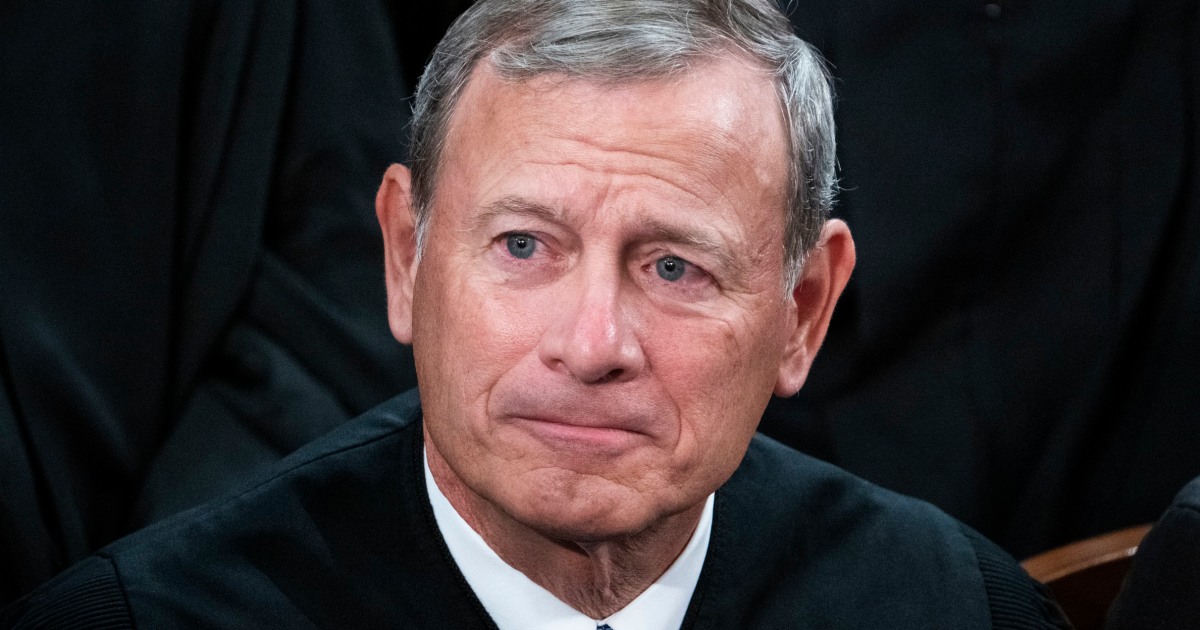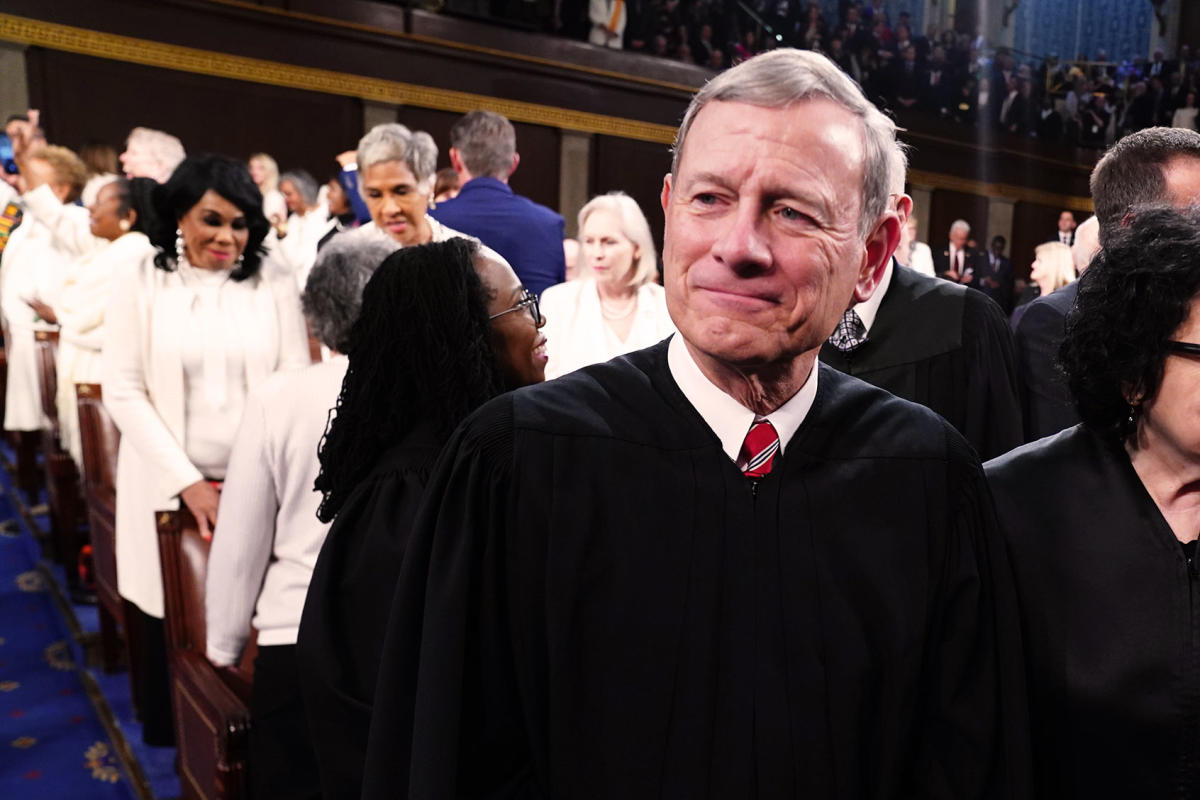The Trump administration's aggressive and authoritarian approach has raised serious concerns about the erosion of democratic norms and institutions in the United States. Just within a month of taking office, Trump exceeded his constitutional powers, sidelined Congress, and challenged the authority of the judiciary. Instead of focusing on his campaign promise to lower grocery costs, Trump opted for cruelty and political retribution, dismantling long-standing government agencies with alarming speed.
Under the U.S. Constitution, Congress holds the power to establish federal agencies and allocate funds for their operation. However, Trump, along with controversial figure Elon Musk, has been demolishing these institutions without regard for the balance of powers outlined in the Constitution. This reckless behavior raises questions about whether the judiciary, specifically the federalist-majority Roberts court, will step in to rein in Trump's overreach, or if they will continue to enable his authoritarian tendencies.
The Trump administration's flouting of constitutional guardrails and federal statutes, coupled with his open desire to remain in office indefinitely, poses a direct threat to the rule of law. Trump's willingness to incite violence, as seen on January 6, 2021, demonstrates his desperation to retain power at any cost. The Roberts Court's decisions, such as dismissing prosecutions related to the Capitol riots, have further emboldened Trump and undermined the principles of justice and accountability.
Despite clear constitutional provisions like the 14th Amendment's Section 3 barring insurrectionists from holding public office, the Roberts Court has opted to shield Trump from consequences, creating a dangerous precedent for unchecked executive power. Trump's defiance of legal norms and potential for further erosion of democratic principles present a critical challenge to the judiciary and the rule of law.
Chief Justice John Roberts has expressed concerns about threats to judicial independence and the disregard for court rulings from elected officials like Trump. Calls for defiance of court orders from figures like Elon Musk and Vice President JD Vance signal a troubling trend towards undermining the authority of the judiciary. As legal battles involving the Trump administration continue, the role of the courts in upholding the rule of law will be tested.
The need for judicial oversight and the enforcement of legal decisions has never been more crucial. Judges and justices, including Roberts and Alito, must be vigilant in ensuring that government compliance with court rulings is upheld. The actions of the Trump administration, Musk, and others in positions of power could have far-reaching consequences for the balance of powers and the integrity of the judicial system.
In this climate of political turmoil and legal challenges, the role of the judiciary in upholding democratic principles and checks and balances is paramount. The Roberts Court, as well as lower court judges, must remain steadfast in safeguarding the rule of law and ensuring accountability for those in power. Only through a commitment to upholding the Constitution and legal norms can the judiciary protect the foundations of democracy and prevent authoritarian overreach.


